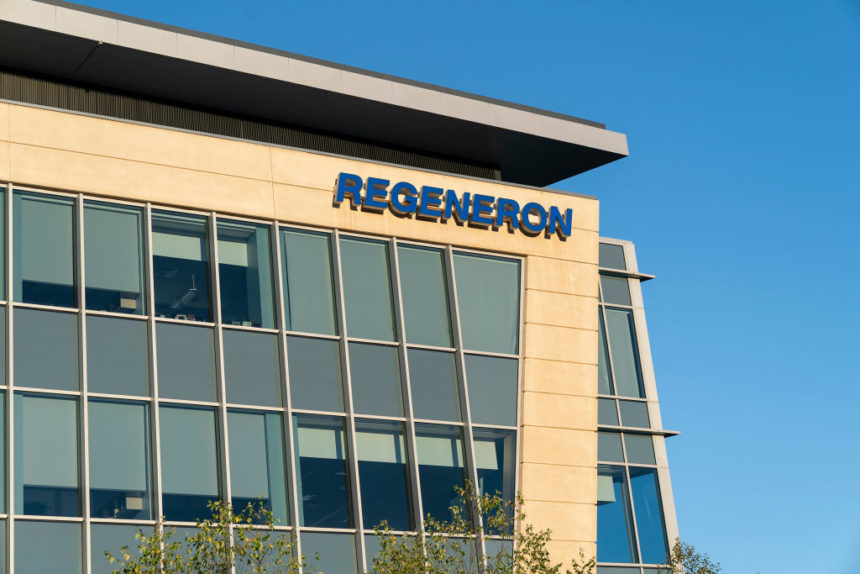Regenereon and Intellia Therapeutics expanded a long-running research pact to develop additional CRISPR-based gene editing therapies focused on neurological and muscular diseases.
Terms call for the companies to research two in vivo non-liver targets, according to a company press release issued Tuesday. Intellia will lead the design of the editing methodology and Regeneron will spearhead design of the targeted viral vector delivery approach.
Each firm will have the opportunity to lead potential development and commercialization of product candidates for one target. The company that is not leading development and commercialization will have the option to enter into a co-development and co-commercialization agreement for the target.
The pair signed their first agreement around CRISPR/Cas gene-editing technology for therapeutic development back in 2016, with Regeneron making a $75 million upfront investment in the gene-editing firm.
Four years later, they expanded the accord to co-develop potential hemophilia A and B treatments, as Regeneron kicked in another $100 million upfront cash and equity infusion.
The latest expansion is designed to take advantage of new technology and innovations to unlock opportunities for neurological and muscular diseases, specifically outside of the liver.
“To date, the widespread use of genetic medicines has generally been limited by the inability to deliver a genetic payload to cells of interest in the body beyond the liver,” explained Aris Baras, SVP/co-head of Regeneron Genetic Medicines.
For instance, NTLA-2002, Intelia’s CRISPR-based treatment for hereditary angioedema (HAE), targets the KLKB1 gene in liver cells to reduce production of Kallikrein protein. Phase 1 results showed the drug reduced HAE attacks by 95% after a single dose, while 90% of patients remained attack-free for about a year or more.
Intellia is advancing several other CRISPR/Cas9 in vivo gene editing assets. These include NTLA-2001 in TTR amyloidosis (ATTR), which is in Phase 1 testing, with initiation of a global pivotal study of the agent in ATTR-amyloidosis with cardiomyopathy (ATTR-CM) by this year.
Intellia’s alpha-1 antitrypsin deficiency (AATD) franchise is also poised to progress. Intellia is looking to submit a clinical trial application for NTLA-3001 in AATD-associated lung disease by year’s end.
Regeneron’s antibody-targeted viral vector delivery technologies have the ability to deliver payloads across many targeted tissue types and disease settings, observed Christos Kyratsous, SVP, Research, and co-head of Regeneron Genetic Medicines. The company will be putting that approach to the test with Intellia’s gene-editing systems.
While Tuesday’s announcement did not mention any fresh financing from Regeneron, Intellia appears to be well-funded as the company ended the second quarter with $1.1 billion in cash and equivalents.
Meanwhile, enrollment in Intellia’s Phase 2 trial for NTLA-2002 is expected to be completed in the second half of this year, with a pivotal Phase 3 trial set to start late next year. During its second-quarter earnings call, the company disclosed a Food and Drug Administration request for supplemental preclinical data related to inclusion of female patients of child-bearing potential.
That request was not on account of safety concerns, Intellia explained, but for FDA to evaluate whether NTLA-2002 has any impact on embryologic development of a fetus in mice. The agent has generally been well-tolerated, with the majority of adverse events mild in severity.







